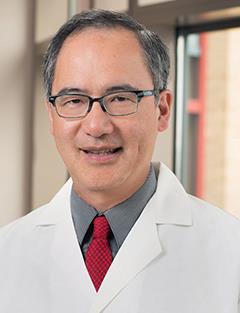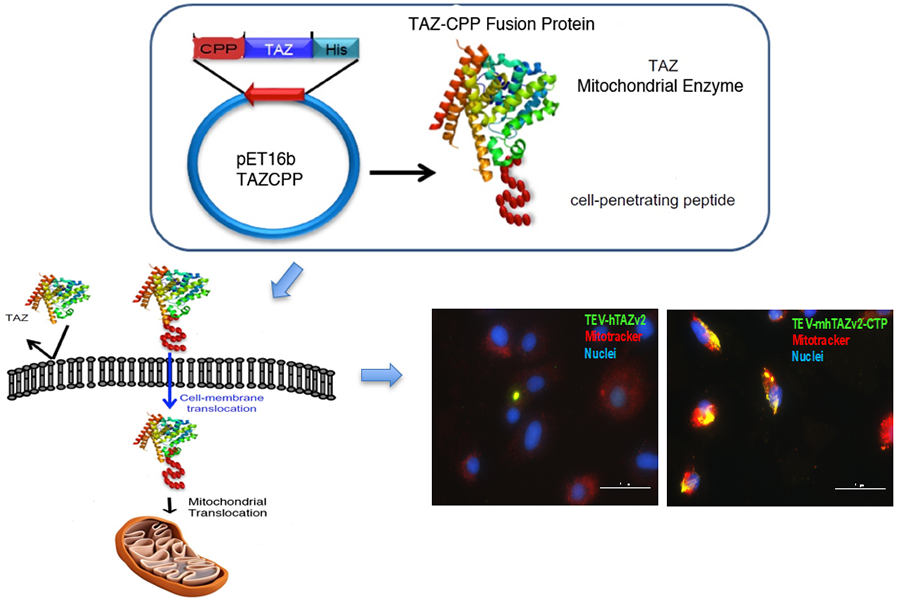The Michael Chin Lab
The Molecular Pathogenesis and Treatment of Inherited and Acquired Cardiomyopathies
Our lab is interested in the molecular mechanisms that mediate the development of cardiomyopathies, with a particular focus on the genetic events that occur within the myocardium that result in myocardial dysfunction.
The Pathogenesis of Obstructive Lesions in human HCM
Dr. Chin is the inaugural Research Director for the Tufts Hypertrophic Cardiomyopathy Center and Research Institute, a clinical center for excellence for HCM diagnosis and treatment. The newly formed research institute is focused on identifying pathogenic pathways in human HCM using single cell genomics on clinical myectomy specimens to identify therapeutic targets, and also using state of the art proteomics to identify biomarkers that will aid in the diagnosis and personalized treatment of HCM and its complications.
Figure 1. Surgical myectomy tissue removed from HCM patients is processed for single nuclei isolation and single nuclei RNA-sequencing to identify cell-specific transcriptomes.
Development of an Enzyme Replacement Therapy for Barth Syndrome
Barth Syndrome is a rare X-linked disorder resulting from mutation in the tafazzin gene, which encodes an enzyme that remodels cardiopin to a form that is important for normal mitochondrial structure and function. Patients with this disorder develop cardiomyopathy in childhood accompanied by skeletal myopathy and cyclic neutropenia. Patients rarely survive beyond young adulthood and there are no efficacious therapies. Dr. Chin’s lab is focused on developing a recombinant enzyme replacement therapy that uses cell penetrating peptides to enter the cell, localize to mitochondria and correct the mitochondrial defects associated with this disorder.
Figure 2. Recombinant Tafazzin containing a cell penetrating peptide is synthesized in E. coli, incubated with cultured cells, enters the cells and localizes to mitochondria.


